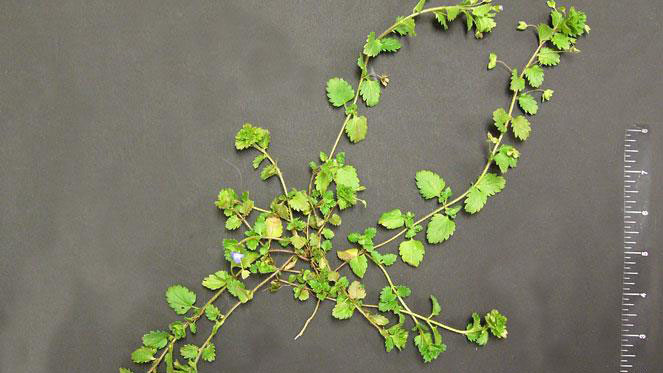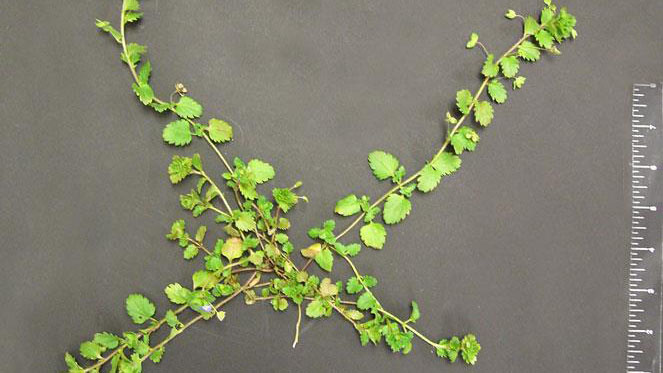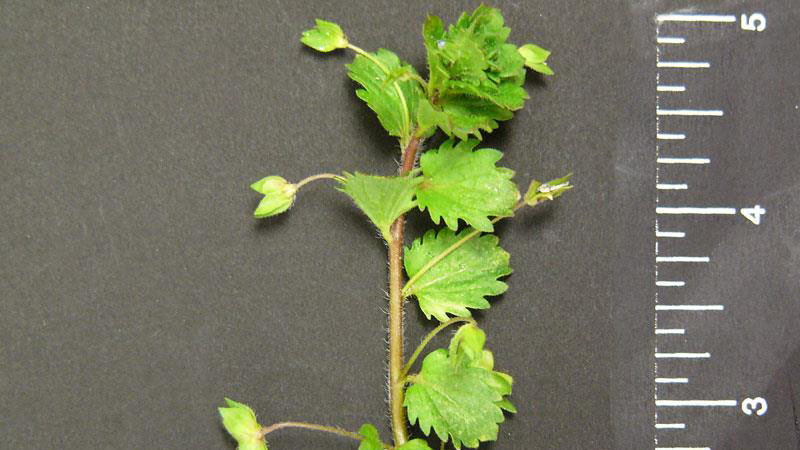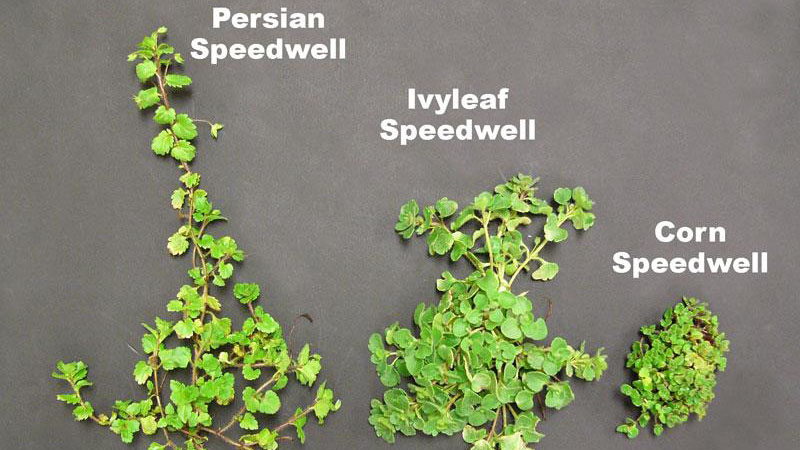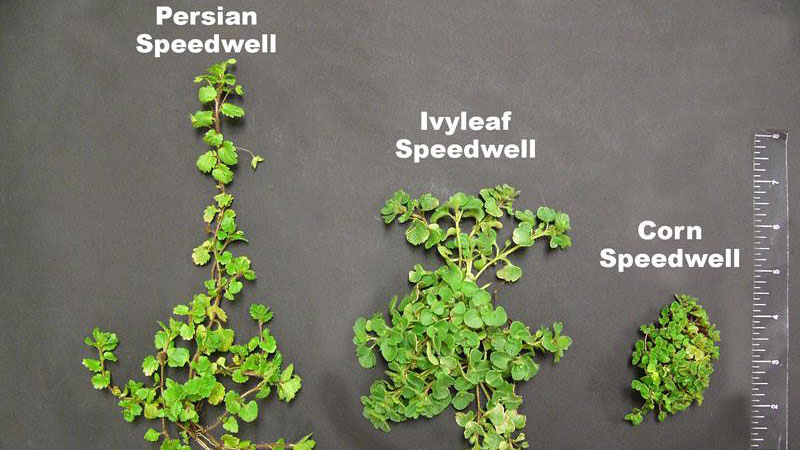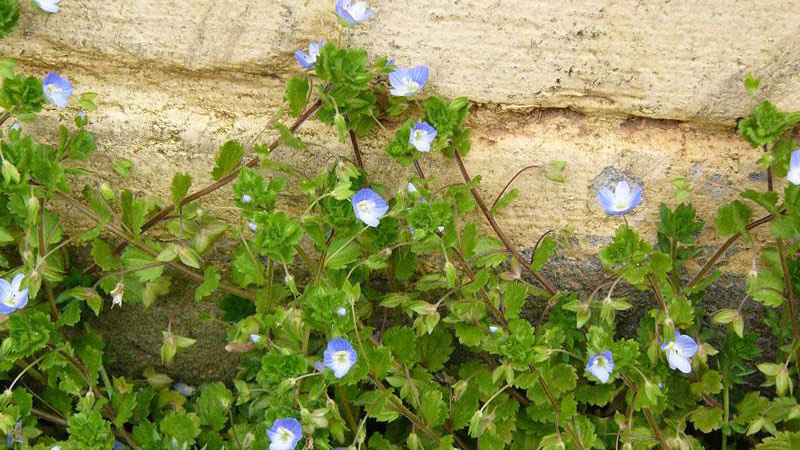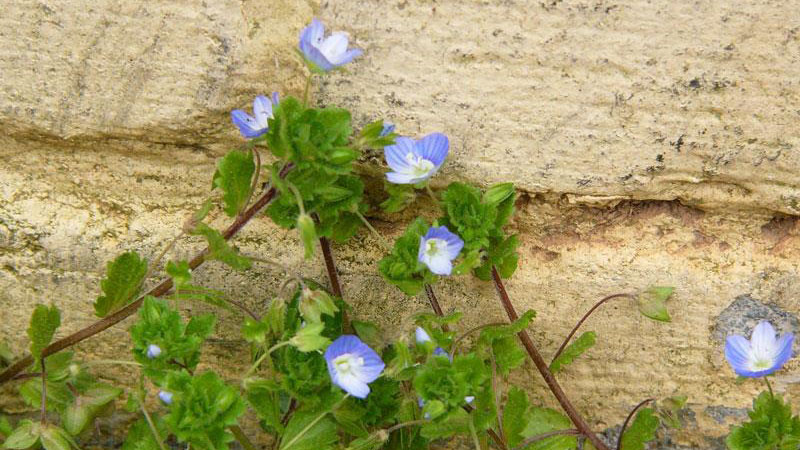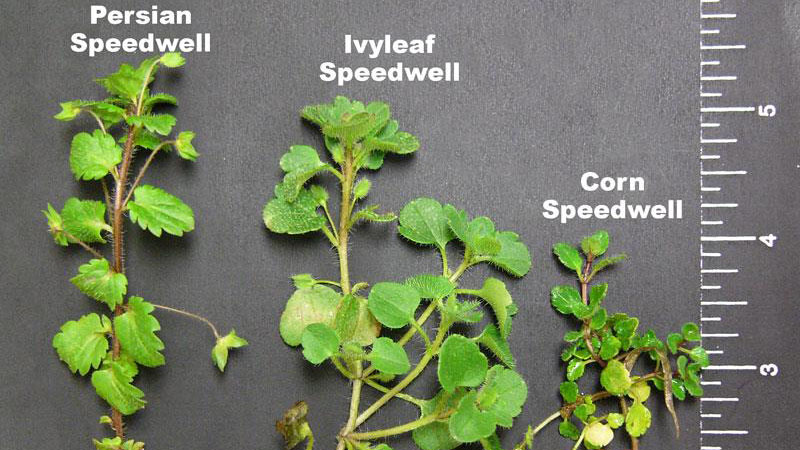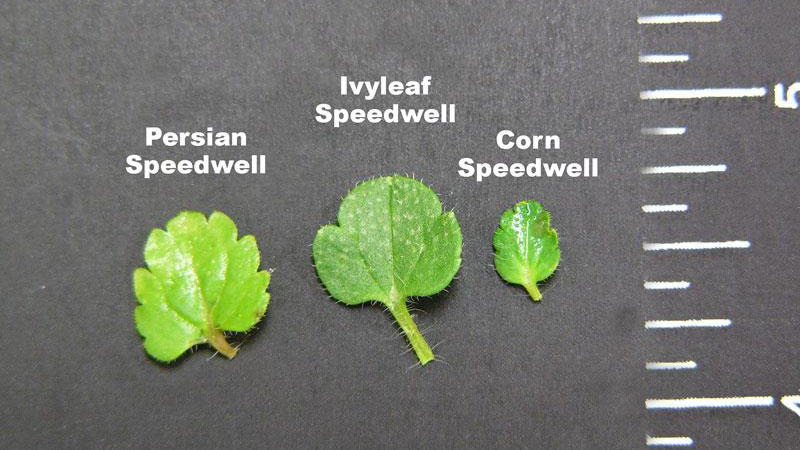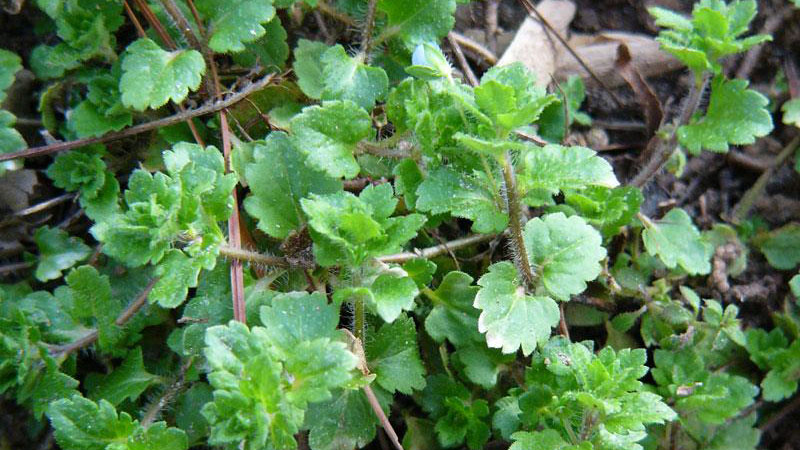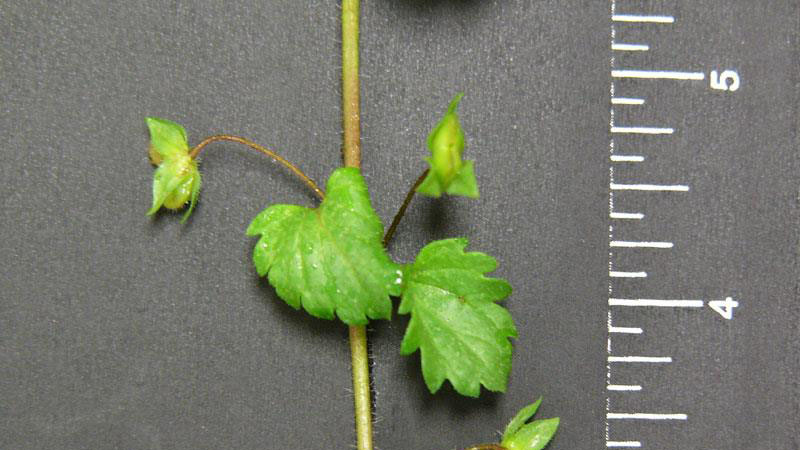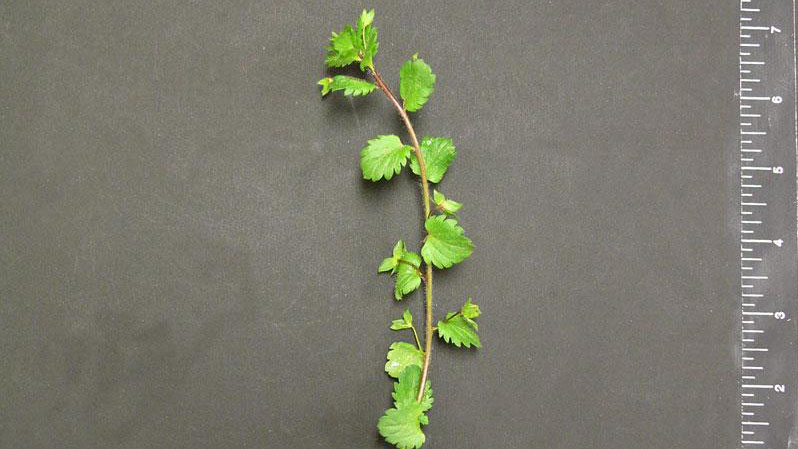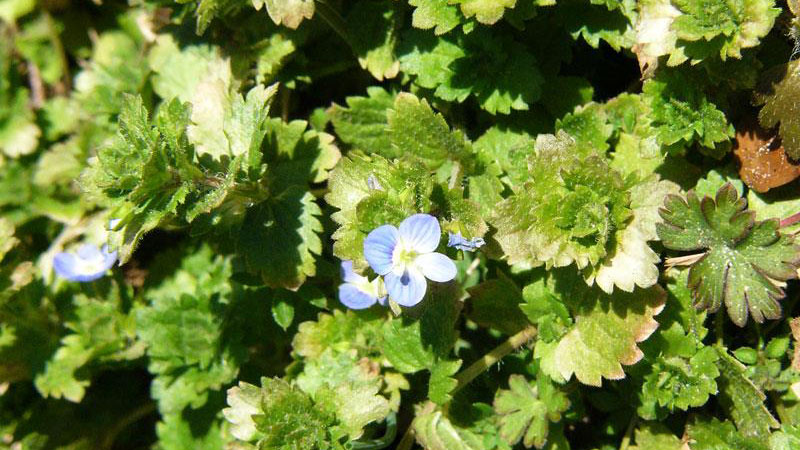Persian Speedwell
en Español / em Português
El inglés es el idioma de control de esta página. En la medida en que haya algún conflicto entre la traducción al inglés y la traducción, el inglés prevalece.
Al hacer clic en el enlace de traducción se activa un servicio de traducción gratuito para convertir la página al español. Al igual que con cualquier traducción por Internet, la conversión no es sensible al contexto y puede que no traduzca el texto en su significado original. NC State Extension no garantiza la exactitud del texto traducido. Por favor, tenga en cuenta que algunas aplicaciones y/o servicios pueden no funcionar como se espera cuando se traducen.
Português
Inglês é o idioma de controle desta página. Na medida que haja algum conflito entre o texto original em Inglês e a tradução, o Inglês prevalece.
Ao clicar no link de tradução, um serviço gratuito de tradução será ativado para converter a página para o Português. Como em qualquer tradução pela internet, a conversão não é sensivel ao contexto e pode não ocorrer a tradução para o significado orginal. O serviço de Extensão da Carolina do Norte (NC State Extension) não garante a exatidão do texto traduzido. Por favor, observe que algumas funções ou serviços podem não funcionar como esperado após a tradução.
English
English is the controlling language of this page. To the extent there is any conflict between the English text and the translation, English controls.
Clicking on the translation link activates a free translation service to convert the page to Spanish. As with any Internet translation, the conversion is not context-sensitive and may not translate the text to its original meaning. NC State Extension does not guarantee the accuracy of the translated text. Please note that some applications and/or services may not function as expected when translated.
Collapse ▲Description
Persian speedwell (Veronica persica), also called veronica speedwell, is a low-growing winter annual weed found in turf, nursery crops, and waste areas. Speedwells can grow in a variety of situations, but are mostly found in shady areas with dry, sandy, or rocky soils. One of the most noticeable characteristics of this and several other speedwell species are the blue flowers. Corn and ivyleaf speedwell are also winter annuals with a similar leaf shape. Ivyleaf speedwell leaves are thicker and less serrated than those of either corn or Persian speedwell. Like the other speedwells, the leaves are both alternate (end of stem) and opposite (base of stem). In addition, the flowers of corn speedwell are borne on short stalks (less than 1 mm long), whereas those of Persian and ivyleaf speedwell are borne on stalks longer than 1 mm. The seedpods are heart-shaped for all three species.
Cultural Control
Winter annual broadleaf weeds germinate in the fall or winter and grow during any warm weather, which may occur in the winter, but otherwise remain somewhat dormant during the winter. They resume growth and produce seed in the spring and die as temperatures increase in late spring and early summer. They quickly invade thin turf areas especially where there is good soil moisture. Shade may also encourage growth. A dense, vigorous turf is the best way to reduce the encroachment of this weed. First, select adapted turfgrass cultivars for your area and then properly fertilize, mow, and water to encourage dense growth. Persian speedwell is similar in appearance to ivy and corn speedwell, but is easier to control than corn speedwell.
Species Data
- GROWTH SEASON / LIFE CYCLE
- winter annual weed
- GROWTH HABIT
- LEAFLET NUMBER
- one
- LEAF MARGIN
- serrated / toothed
- LEAF HAIRS
- upper/lower surface
- LEAF / LEAFLET SHAPE
- LEAF VENATION
- palmate
- LEAF ARRANGEMENT
- lower leaves opposite, upper leaves alternate
Figure 13, Figure 14
- lower leaves opposite, upper leaves alternate
- ROOT TYPE
- fibrous
- FLOWER COLOR
- blue / purple
Figure 15
- blue / purple



